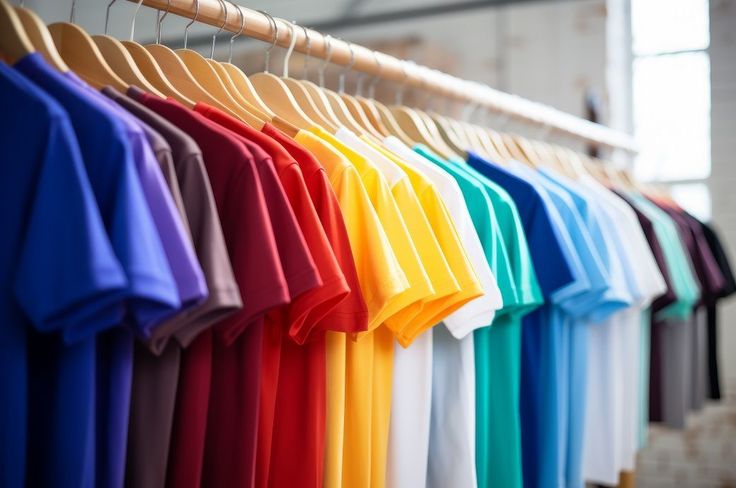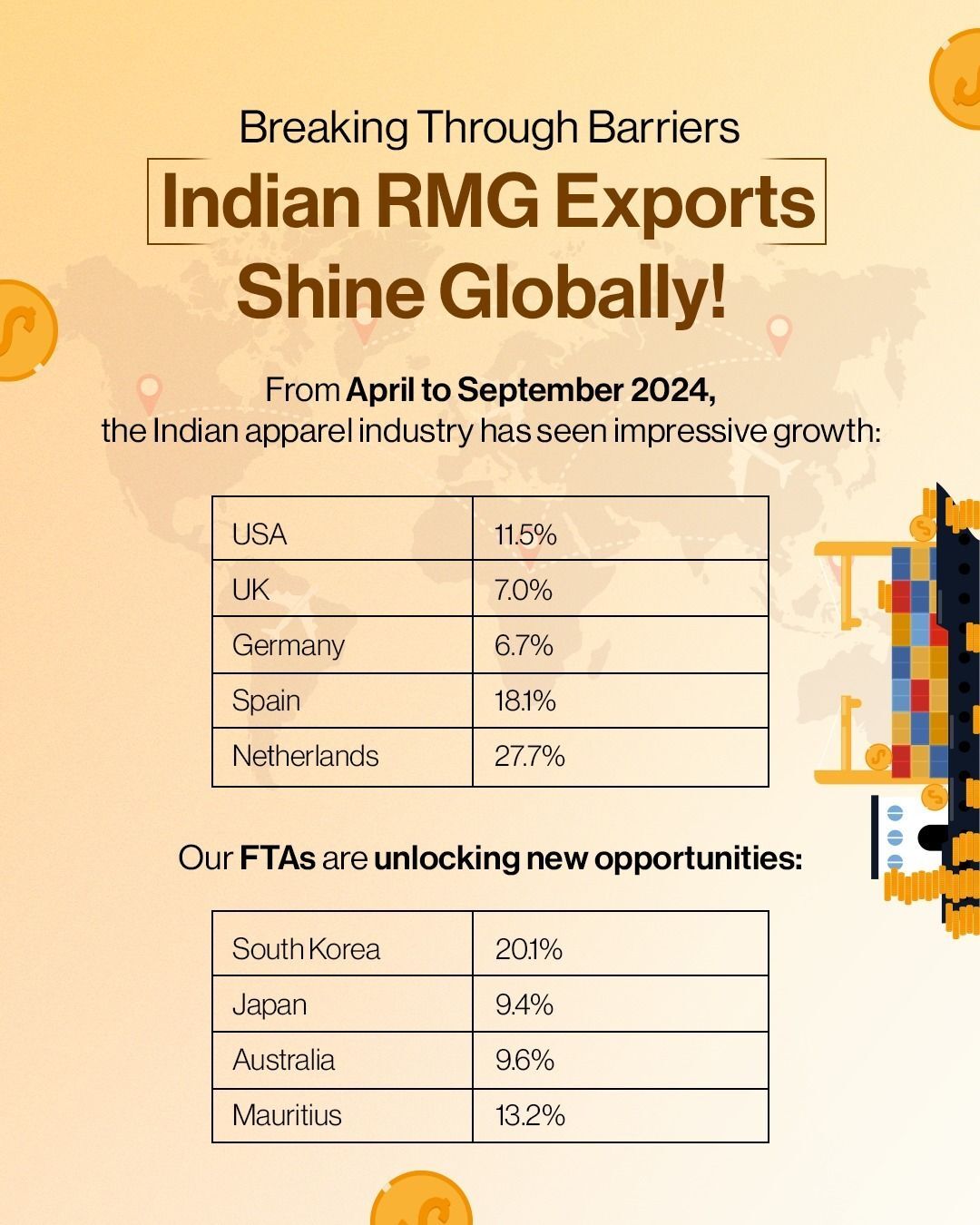Inditex has committed to using only organic, sustainable or recycled polyester, linen or cotton from 2025. The parent company of Zara has a number of ongoing initiatives with the aim of helping make the world more sustainable by using resources more efficiently all along the value chain, with a focus on raw material and energy consumption.
Inditex’s net profits rose 12 per cent for the nine months to October. Sales across the group jumped 7.5 per cent. Inditex has a focus on the highest-quality locations, store environments, products and customer experience both in stores and online. Crucially, this is coupled with strategic investments in technology and sustainability. Inditex is the biggest retail clothing company in the world. Last year, Inditex made 1.6 billion pieces of clothing. The company, which also has brands including Bershka and Pull & Bear, has been resilient against challenges in the sector due to tight control of inventory, which has helped it avoid major discounting. Expansion of its online platform in new territories, such as South Africa, Ukraine, Philippines and Colombia, has helped it to grow revenues in new markets.
Among the new products brought to market were the new Zara Home cooking collection, Massimo Dutti’s new capsule Après Ski collection and a Uterque pop-up store.












